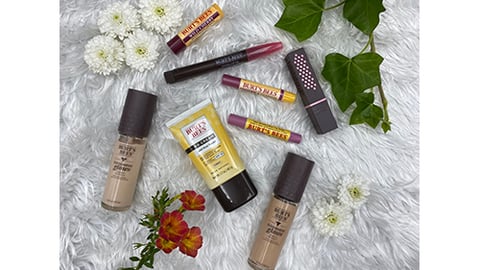Kenvue studies efficacy, tolerability of retinol to target skin aging signs
Retinol has become one of the most well-known skin care products to help consumers target the signs of aging within the skin, but how efficacious is the ingredient really?
Kenvue is sharing data it has obtained in the study of both the efficacy and tolerability of .1% retinol when it comes to helping consumers target signs of aging skin.
“Retinol is the number one dermatologist-recommended anti-aging cosmetic ingredient available over-the-counter and is sought after by consumers. But, not all retinol products are created equal,” said Menas Kizoulis, Kenvue senior director of global scientific engagement. “This ingredient is hard to formulate and stabilize, but Kenvue has specific expertise here with over 30 years’ experience formulating and patenting retinol products. This study shows how effective our well-formulated, stabilized bioactive retinol formulations drive clinical skin health benefits.”
[Read more: Organizations respond to citizen petition regarding benzene findings]
In six vehicle-controlled studies of .1% stabilized bioactive retinol in women aged 30 years old and older who had mild to moderate signs of photodamage from ultraviolet light, a single dermatologist assessed such skin damage as forehead wrinkles, crow’s feet and dark spots at four weeks, eight weeks and 12 weeks.
Researchers found that retinol led to greater improvements in all signs of photoaging compared to those who simply received the vehicle, with the changes occurring as soon as week four and continuing on through week 12, the company said.
When it came to skin irritation, events were mild to moderate and transient. Retinol and its vehicle were well tolerated by participants through 12 weeks with no severe irritation signs.
[Read more: American Academy of Dermatology survey notes lack of sun protection during winter]
“This vehicle-controlled analysis provides compelling new evidence that this ingredient effectively reduces the signs of skin aging without irritation,” said lead author on the study Patricia K. Farris, MD, MS, FAAD, a clinical associate professor in the Department of Dermatology at Tulane University School of Medicine and practicing dermatologist in Louisiana. “These findings provide additional support for the use of products including the Neutrogena Rapid Wrinkle Repair line, which target signs of aging with 0.1% stabilized bioactive retinol.”
The in-depth report was published in the April edition of the Journal of Drugs in Dermatology.




